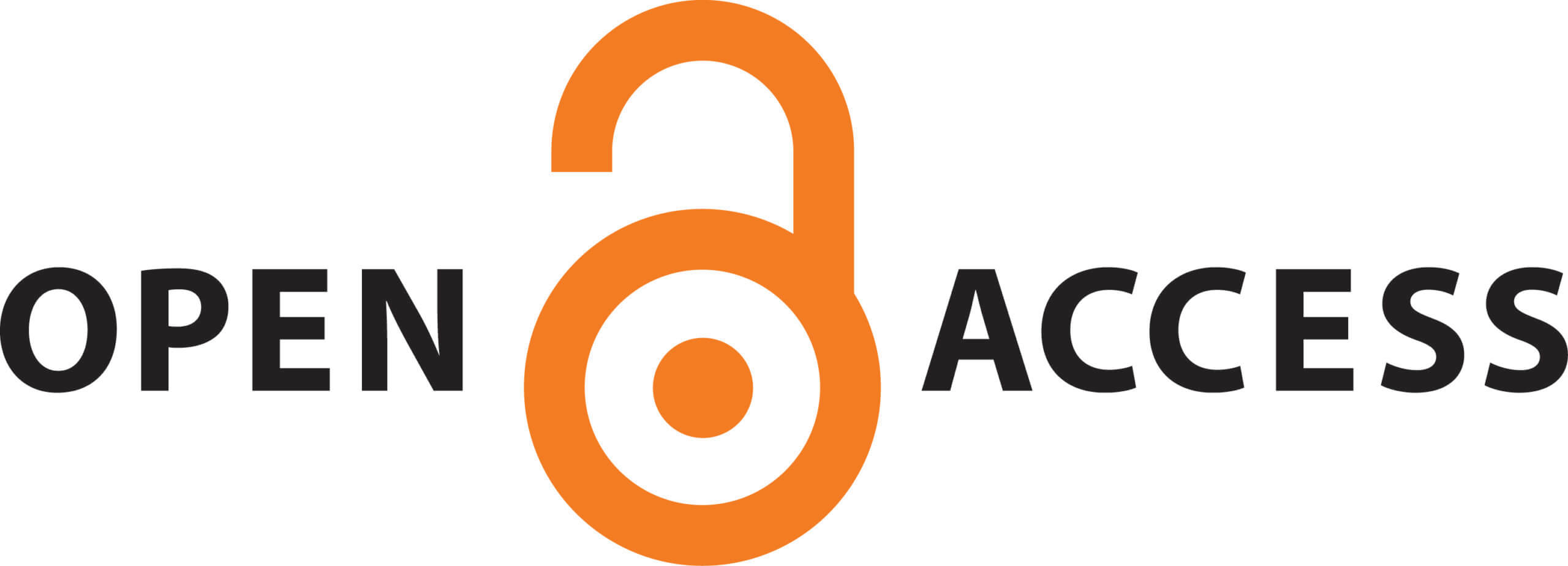Transitivity Analysis of the Sustainable Development Goals (SDGs) of United Nations (UN)
Keywords:
Ecolinguistics, Systemic Functional Linguistics, appraisal, language, ecologyAbstract
This study develops on the concept of Ecolinguistics addressing the issues of environment and human beings and their interactional impact through language. The Systemic Functional Linguistic (Halliday, 1994) approach has been applied to inquire about the transitivity aspects in the language used in documenting the history of the Sustainable Development Goals of the United Nations. Any phenomenon investigated from the standpoint of what it means – everything is considered as a piece of information. The view is that language is actively creating reality by shaping involvement and transforming our perceptions into significances. With the help of transitivity involving six processes, participants, and circumstances. The analysis of the United Nations' Sustainable Development Goals (SDGs), documented in the Column called "History", shall be conducted to examine the ecological perspective as employed in their goals’ target achievement, considering the intricate relationship between language,
Downloads
Published
How to Cite
Issue
Section
License
Copyright (c) 2023 UCP Journal of Languages & Literature

This work is licensed under a Creative Commons Attribution-NonCommercial 4.0 International License.








